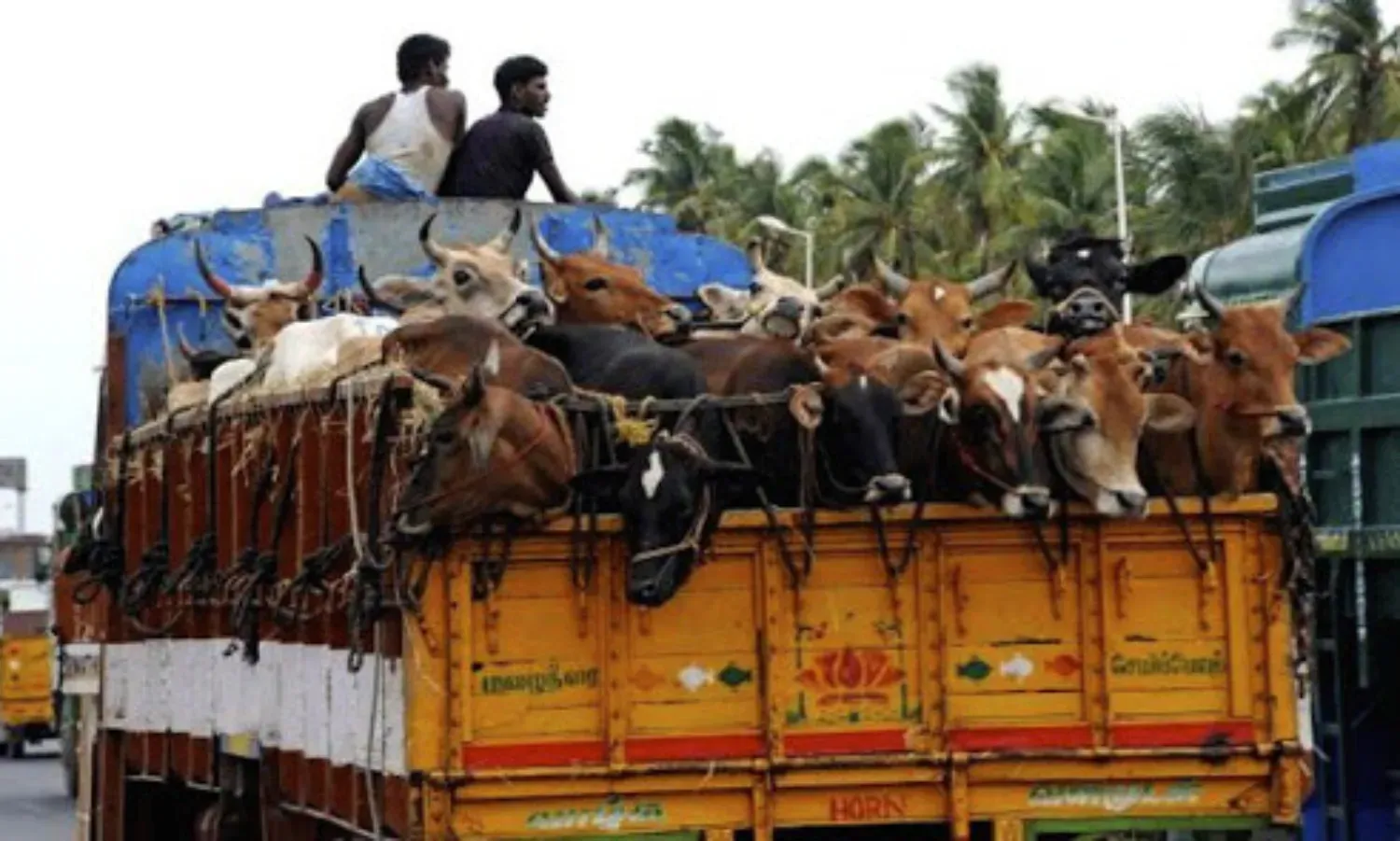Background of the Case
The case was brought before the Madras High Court through a PIL, which raised serious concerns about the illegal transportation of cattle in Tamil Nadu. The petitioner argued that the illegal transport not only results in severe distress and cruelty to the animals but also violates several provisions of the Prevention of Cruelty to Animals Act, 1960, and the Transport of Animals Rules, 1978. The PIL highlighted that the cattle are often transported in overcrowded and unhygienic conditions, without adequate food, water, or rest, leading to significant suffering and, in some cases, death.
Court's Observations
During the hearing, the court observed that illegal cattle transport is a grave issue that needs immediate attention. The judges noted that despite existing laws and regulations, the enforcement appears to be lax, allowing perpetrators to continue this illegal activity with impunity. The court emphasized the need for strict enforcement of the laws to protect animal welfare and prevent cruelty.
Directive to Tamil Nadu Police
The High Court has directed the Tamil Nadu police to submit a comprehensive report detailing the measures currently in place to curb illegal cattle transport. This report is expected to include information on the enforcement mechanisms, the number of cases registered, the steps taken to prevent such activities, and the challenges faced by the police in enforcing the laws. The court has set a deadline for the submission of this report, indicating its urgency in addressing the issue.
Role of Animal Welfare Organizations
The court also acknowledged the role of animal welfare organizations in highlighting the issue of illegal cattle transport. These organizations have been at the forefront of documenting instances of cruelty and bringing them to the attention of the authorities. The court suggested that the police should collaborate with these organizations to enhance the enforcement of animal welfare laws and ensure the humane treatment of cattle.
Legal Framework
The Prevention of Cruelty to Animals Act, 1960, and the Transport of Animals Rules, 1978, form the legal framework governing the transport of animals in India. These laws stipulate specific conditions for the transportation of animals, including the provision of adequate space, food, water, and rest. Violations of these conditions constitute offenses punishable under the law. The court's directive aims to ensure that these legal provisions are strictly adhered to, and violators are held accountable.
Implications of the Court's Directive
The court's directive to the Tamil Nadu police is expected to have significant implications for the enforcement of animal welfare laws in the state. It underscores the judiciary's commitment to addressing issues of animal cruelty and ensuring that the legal protections afforded to animals are effectively implemented. The directive also highlights the need for greater accountability and transparency in the enforcement process, which could lead to more stringent measures being adopted to curb illegal cattle transport.
Challenges in Enforcement
Enforcing laws related to the transport of animals presents several challenges. These include the lack of adequate resources and infrastructure, insufficient training for law enforcement personnel on animal welfare issues, and the difficulty in monitoring and regulating transport activities, especially in remote areas. The court's directive to submit a detailed report is expected to shed light on these challenges and propose solutions to address them.
Need for Awareness and Education
In addition to strict enforcement, the court emphasized the need for awareness and education campaigns to sensitize the public and transporters about the legal requirements and the importance of humane treatment of animals. Such initiatives can play a crucial role in preventing illegal transport and ensuring compliance with the law.
Conclusion
The Madras High Court's directive to the Tamil Nadu police to report on the steps taken to curb illegal cattle transport is a critical step towards addressing this pressing issue. By focusing on strict enforcement of existing laws, collaboration with animal welfare organizations, and public awareness, the court aims to ensure that the welfare of cattle is protected and that instances of cruelty and illegal transport are significantly reduced. The outcome of this directive could set a precedent for other states to follow, thereby enhancing the overall enforcement of animal welfare laws in India.










0 Comments
Thank you for your response. It will help us to improve in the future.